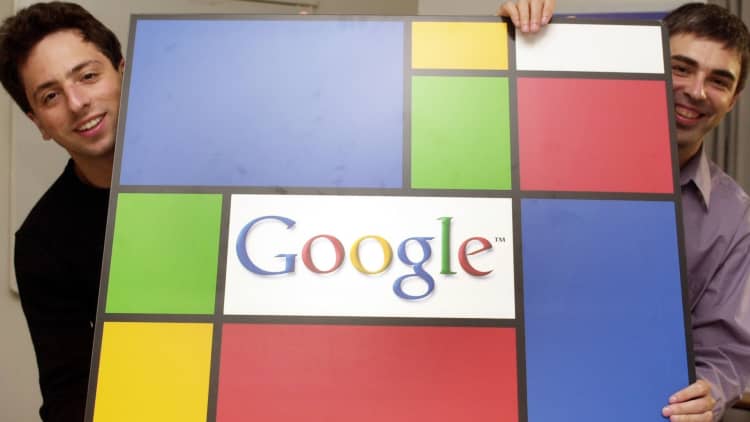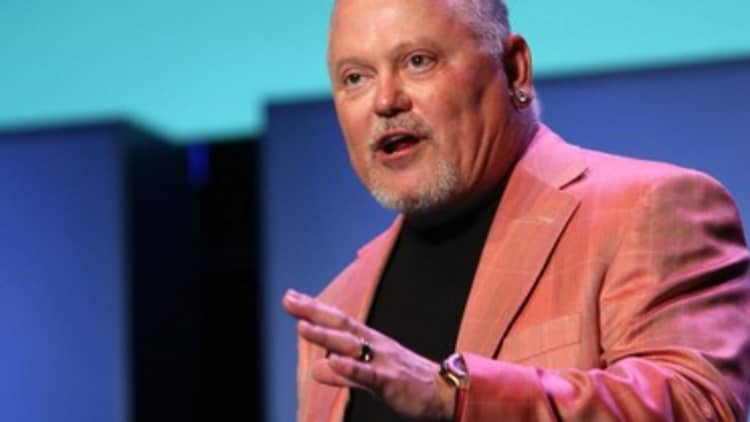A company, like society, needs rules. Otherwise, things fall apart. But at what point are rules holding you back? What happens when the confines are too tight?
"Overly rigid rules are the enemy of cultivating judgment," Barry Schwartz, a visiting professor at the University of California, Berkeley's Haas School of Business, tells CNBC Make It.
He believes that with too much regulation and too little choice, you will not develop "practical wisdom," a concept introduced by Aristotle over 2,000 years ago, and the focus of Schwartz's 2009 TED Talk, "Our loss of wisdom," as well as the title of a book he wrote.
The ancient Greek philosopher defined the concept as a "combination of moral will and moral skill." In other words, knowing what the right thing is, and then having the courage to do it, even if it entails breaking rules.
With too much regulation, says Schwartz, "You don't get a chance to improvise, experiment, learn from your mistakes and get better."
And this is an issue because unanticipated problems inevitably arise. Take the case of a hospital janitor, which Schwartz offers as an example during his TED talk. He points out that, on the surface, a janitor's tasks are menial. He takes out trash, sweeps floors and restocks cabinets. The role has nothing about interacting with other human beings.
Yet, for a hospital to function properly, janitors need to know when to be compassionate and decent. Sometimes, that entails neglecting their duties.

Schwartz introduces Mike, who "stopped mopping the floor because Mr. Jones was out of his bed getting a little exercise, trying to build up his strength, walking slowly up and down the hall." And there was Charlene, who "didn't vacuum the visitor's lounge because there were some family members who were there all day, every day who, at this moment, happened to be taking a nap."
These are demonstrations of practical wisdom, he says: The janitors knew what was right and acted on it.
When, instead, employees mindlessly follow orders, they rely on incentives. Such a reliance, says Schwartz, "undermines people's desire to do the right thing."
"You can never create incentives so that what's in your best interest is also in everybody else's best interest," he says.
So, what then do you work for if not a reward like a paycheck or a promotion? According to Schwartz, you should work to fulfill your purpose, whatever that may be.
"If you're a financial advisor," he says, "your aim should be to serve your clients. If you're a teacher, your aim should be to educate and inspire your students. If you're a doctor, your aim should be to prevent suffering and cure disease."
There's no shortage of evidence to support the claim. The 2016 Workforce Purpose Index found that employees with a sense of purpose outperform others, are more productive and are more inclined to stay late at the office.

And Schwartz cites Stanford Graduate School of Business professor Jeffrey Pfeffer, who endorses this concept in his book, "The Human Equation: Building Profits by Putting People First."
Pfeffer argues that CEOs of the highest-performing companies direct focus on performance, rather than pay. What's more, they reduce status barriers, promote trust and train employees extensively.
"People who exercise judgment," notes Schwartz, "do much better work and are much more satisfied."
For that reason it's a shame, he says, that so many employers are reluctant to give up control. Maybe that's why over half of American adult workers are reportedly unhappy at their jobs.
When people are stuck in too tight a space, such that they can't exercise judgment, or develop practical wisdom, they won't find the same meaning in their work as the janitors Mike and Charlene.
"People certainly in the audience at TED were hungry to be able to have work they did that had that character," says Schwartz, "where they really felt at the end of the day that they'd done something to make the world a little bit better."
Like this story? Like CNBC Make It on Facebook.
Don't Miss: Here's how to get people to listen to you when you speak



